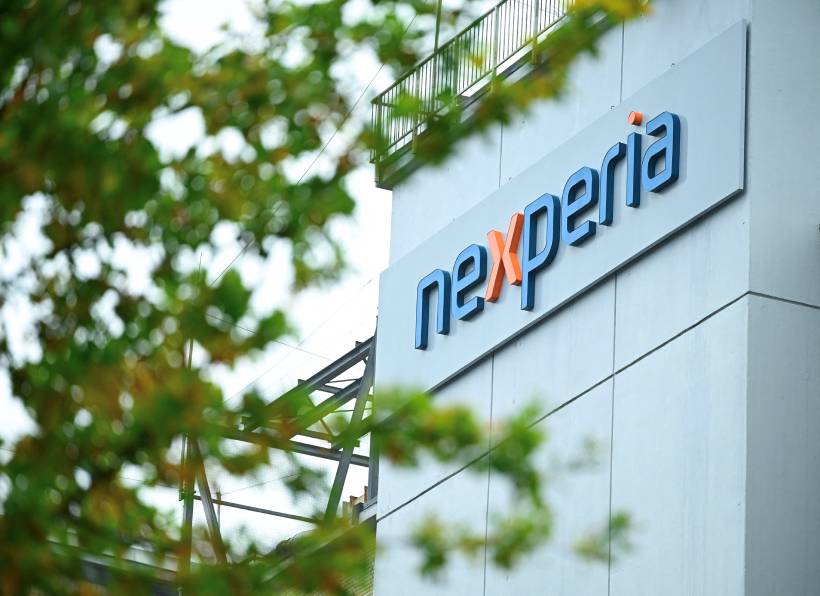Nexperia Halts Wafer Supplies to China, Deepening Global Chip Supply Turmoil
Dutch chipmaker Nexperia has suspended wafer shipments to its Chinese assembly plant in Dongguan, a move that could intensify the semiconductor supply crunch already rattling automakers worldwide.
The suspension, revealed in a company letter dated October 29 and signed by interim CEO Stefan Tilger, followed the Chinese unit’s failure to meet contractual payment terms. It comes amid escalating tensions after the Dutch government seized control of Nexperia from its Chinese owner, Wingtech Technology, in late September, citing national security and governance concerns.
Why It Matters
The halt threatens to disrupt automotive and electronics supply chains at a critical time. Around 70% of Nexperia’s chips produced in the Netherlands are packaged in China, meaning the freeze could ripple through global manufacturing networks.
The dispute also underscores the deepening fractures in global tech supply chains, where national security concerns and trade controls increasingly shape corporate decisions. With the U.S., China, and Europe tightening technology restrictions, Nexperia’s situation reflects the mounting geopolitical tug-of-war over semiconductor control.
Nexperia (Netherlands): Seeking to maintain operations while asserting independence from Chinese influence.
Wingtech Technology (China): The former owner now sidelined after Dutch government intervention.
Dutch Government: Exercising sovereignty over critical tech assets amid Western security coordination.
Chinese Ministry of Commerce: Blocking Nexperia’s chip exports from China in retaliation.
Global Automakers: Companies like Stellantis and Nissan are monitoring potential production halts as chip prices soar.
What’s Next
Nexperia says it is developing alternative supply routes to support its global customers but has not disclosed details. The Dongguan facility remains operational, though limited by the wafer cutoff.
Analysts expect further trade retaliation from Beijing, potentially deepening the rift between European and Chinese semiconductor ecosystems. Automakers warn of possible shortages by mid-November if shipments do not resume.
Implications
This episode highlights how state intervention in technology firms is reshaping global supply chains. The Dutch government’s takeover framed as a national security move signals Europe’s growing alignment with U.S. export controls targeting Chinese tech entities.
In the short term, the halt could spike chip prices and strain automotive production, particularly in Asia and Europe. Long term, it may accelerate a strategic decoupling between Western and Chinese semiconductor manufacturing bases.
Politically, this marks a test of Europe’s resolve to protect critical tech sectors even at the cost of trade friction with Beijing.
With information from an exclusive Reuters report.


